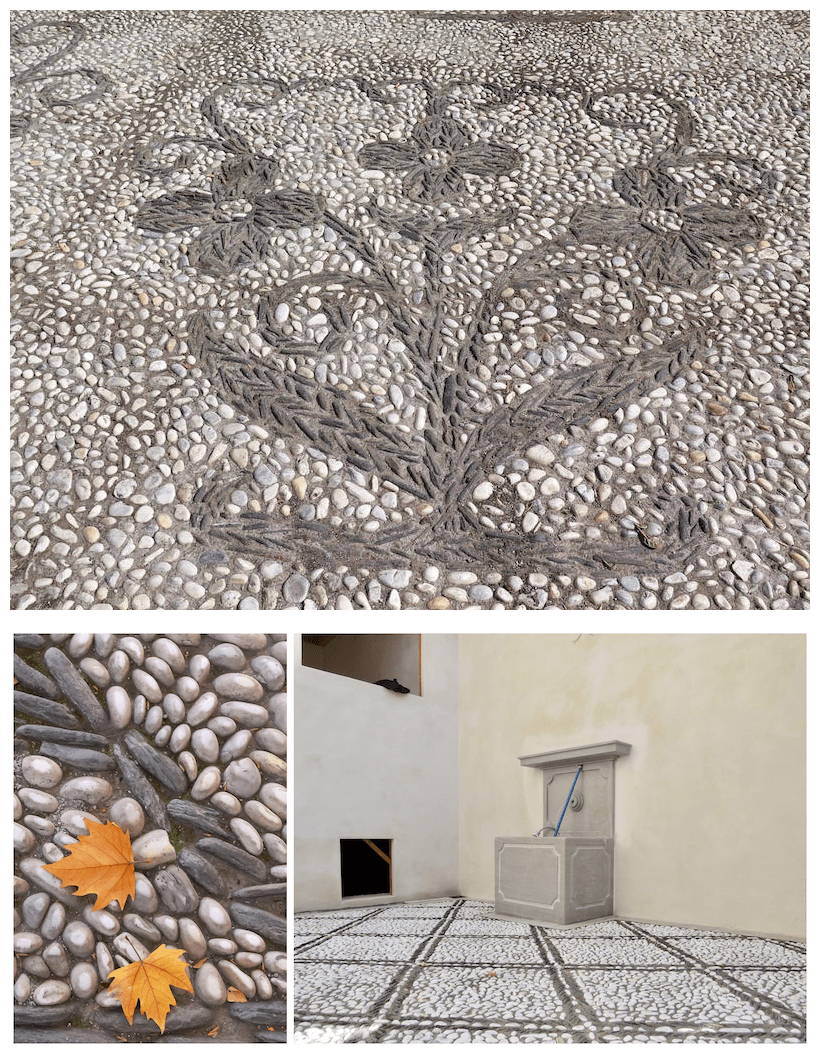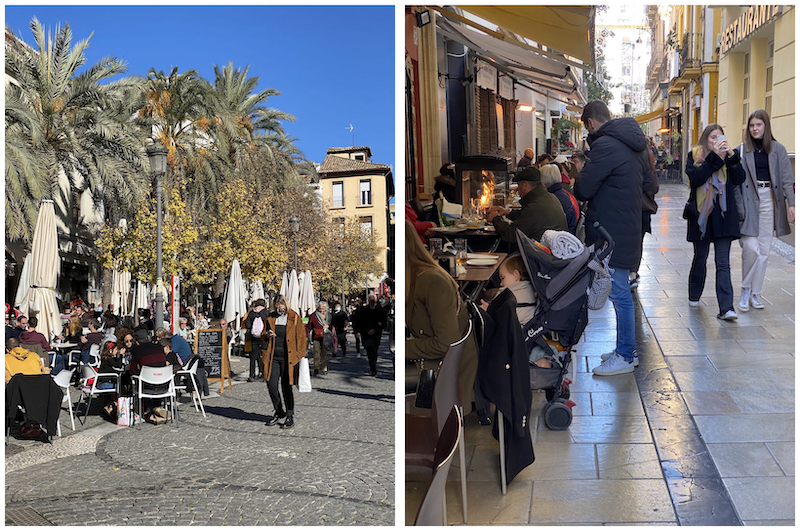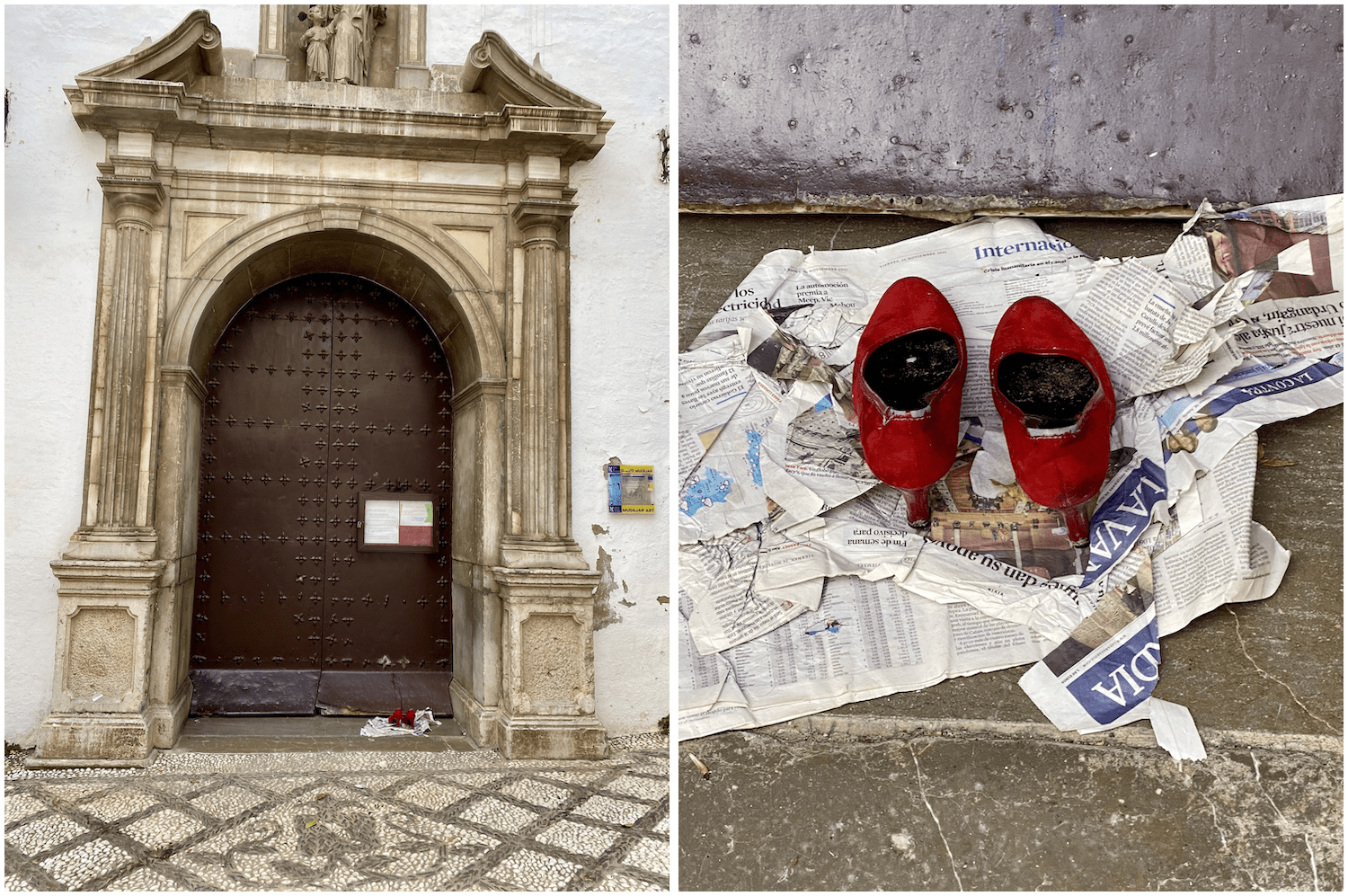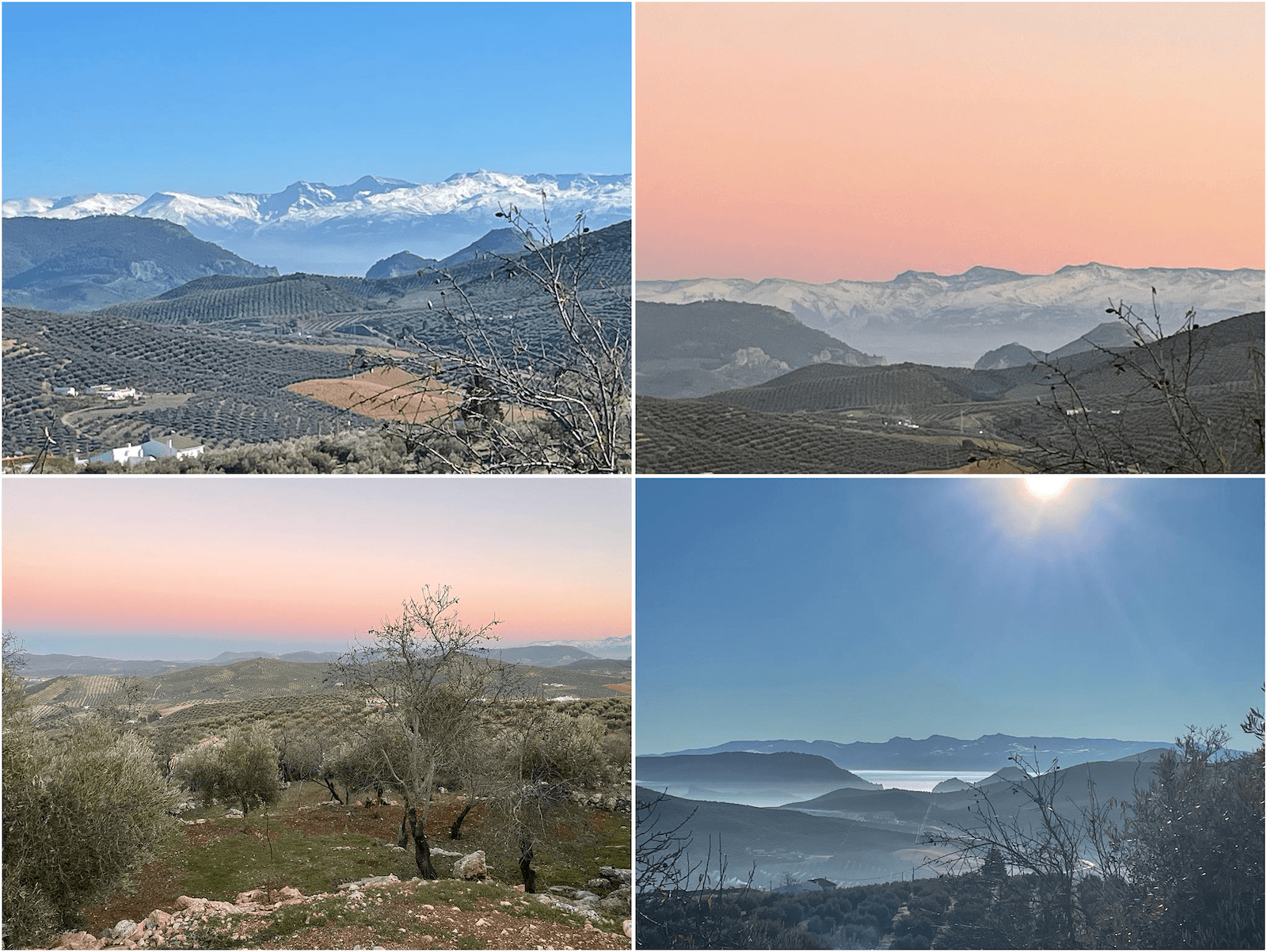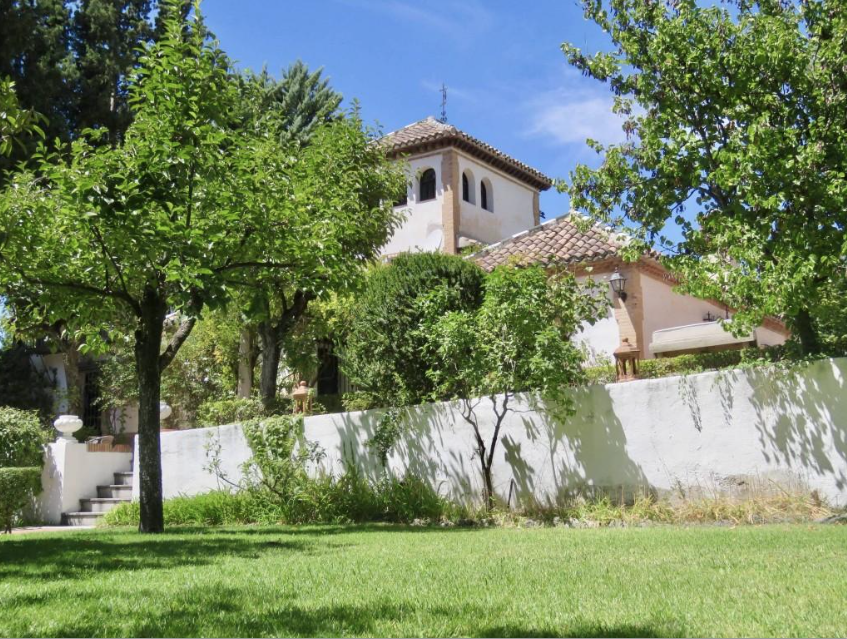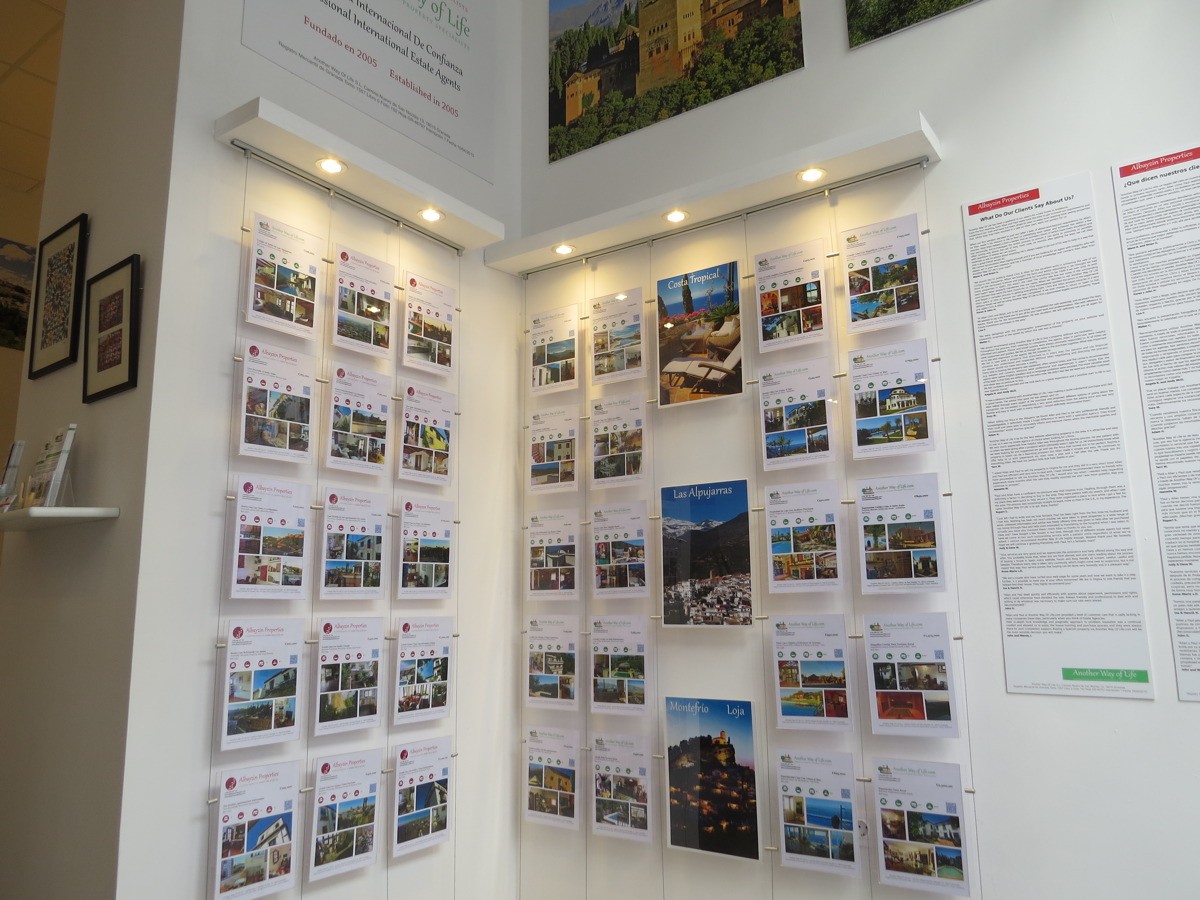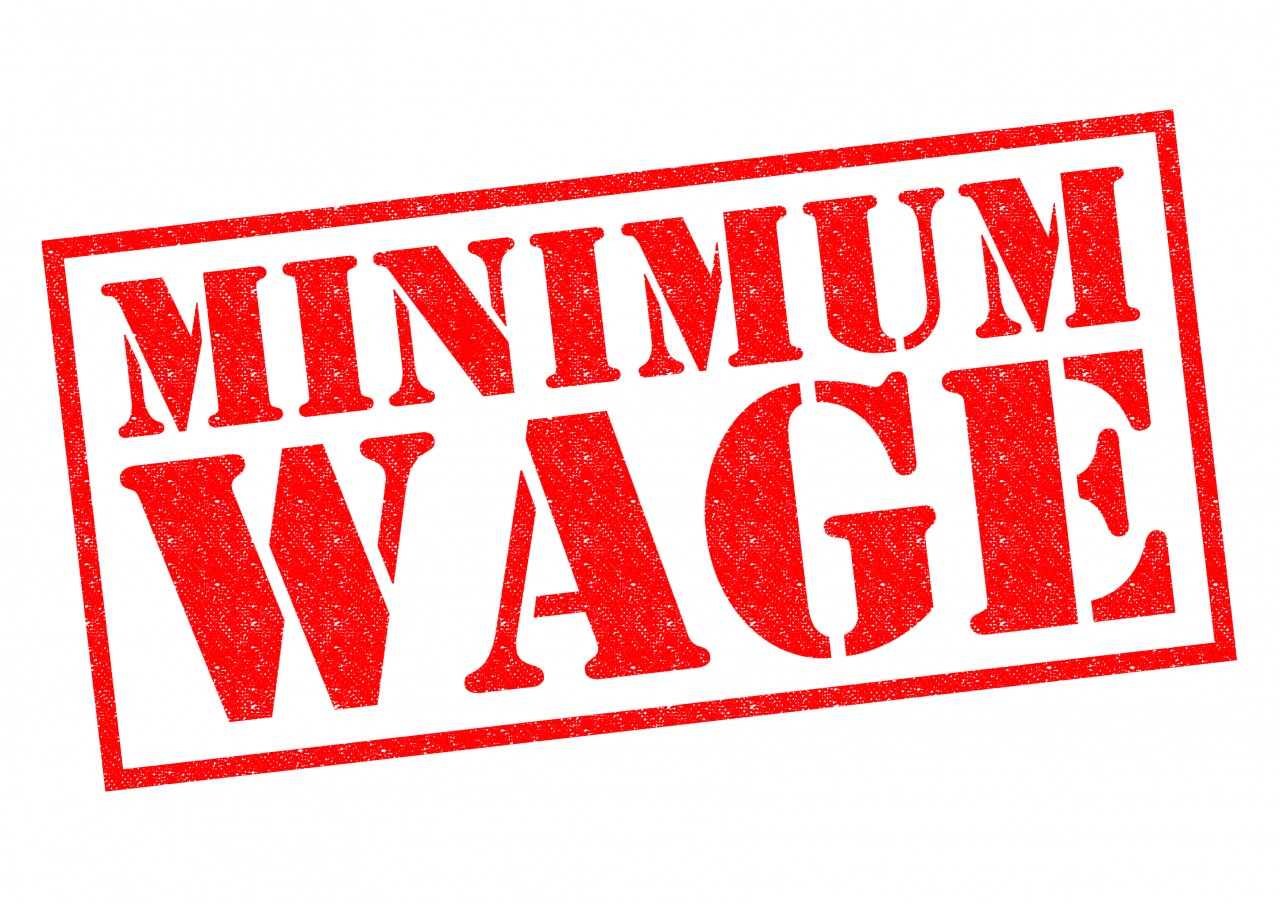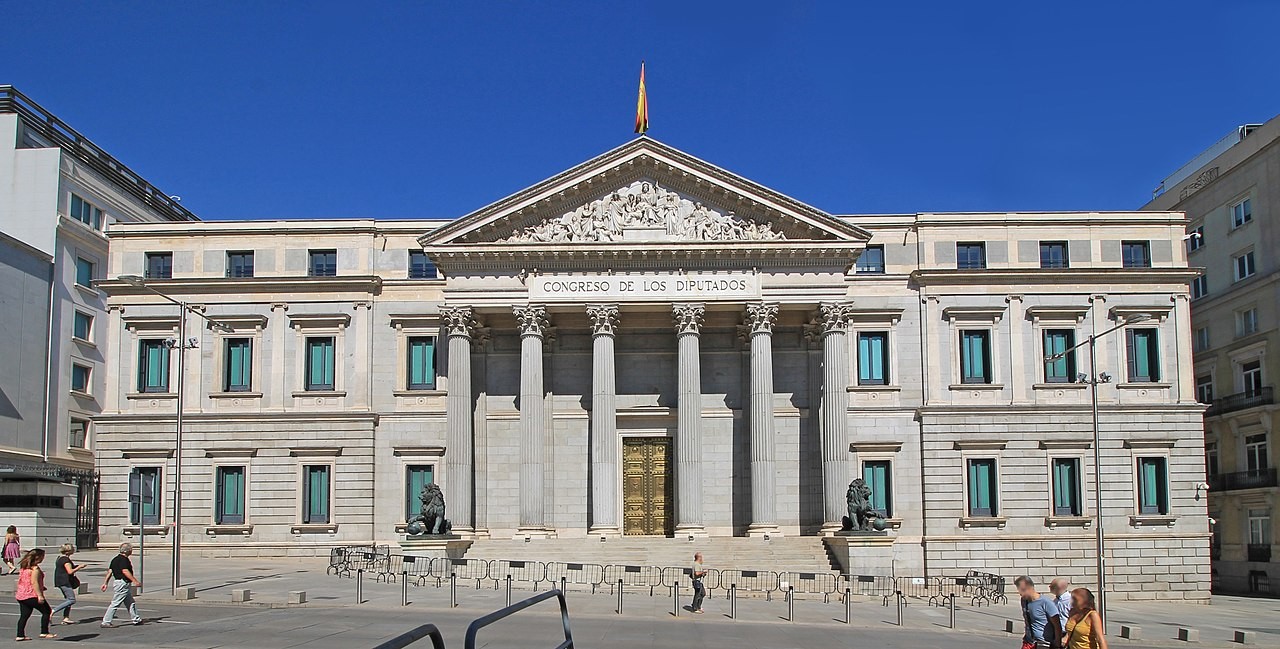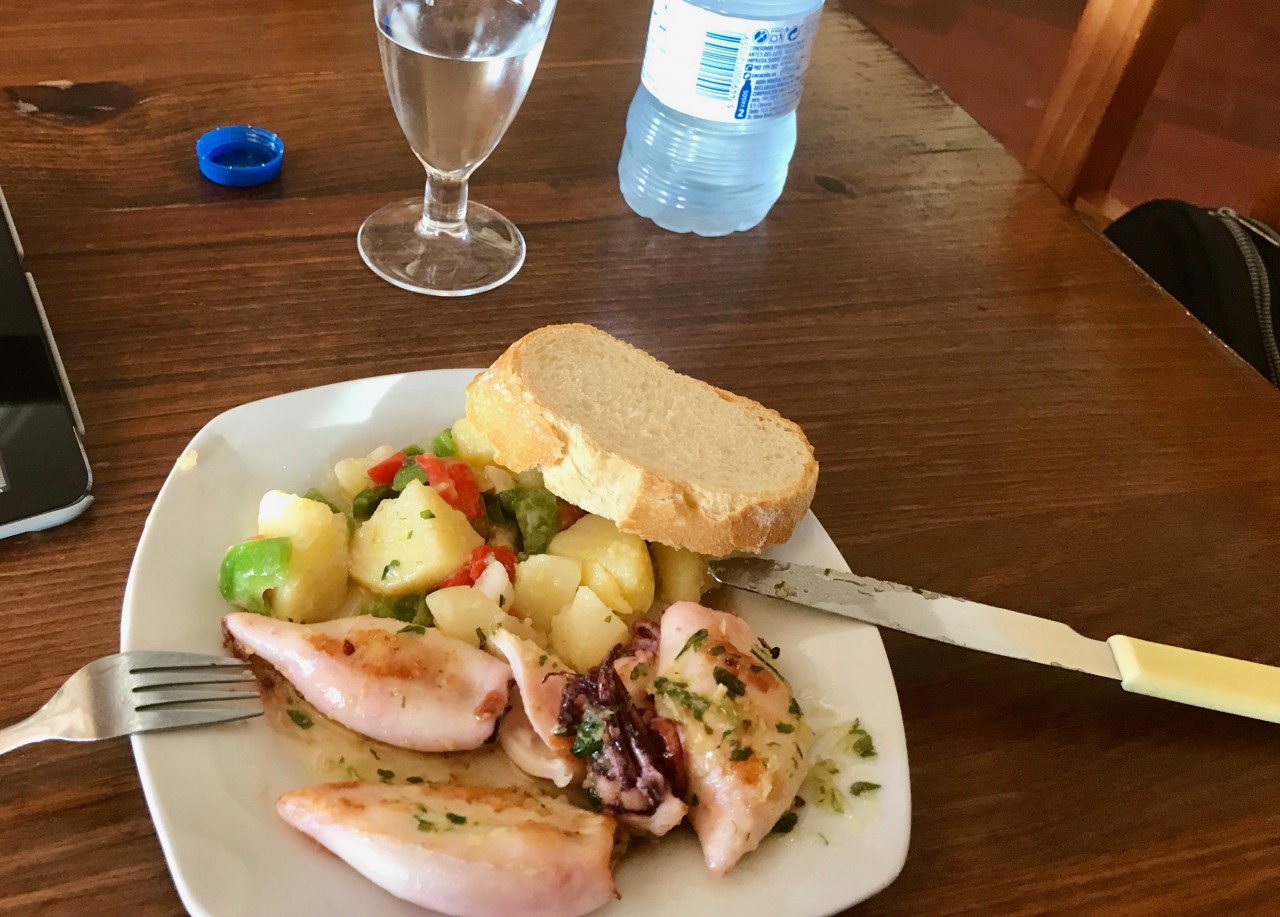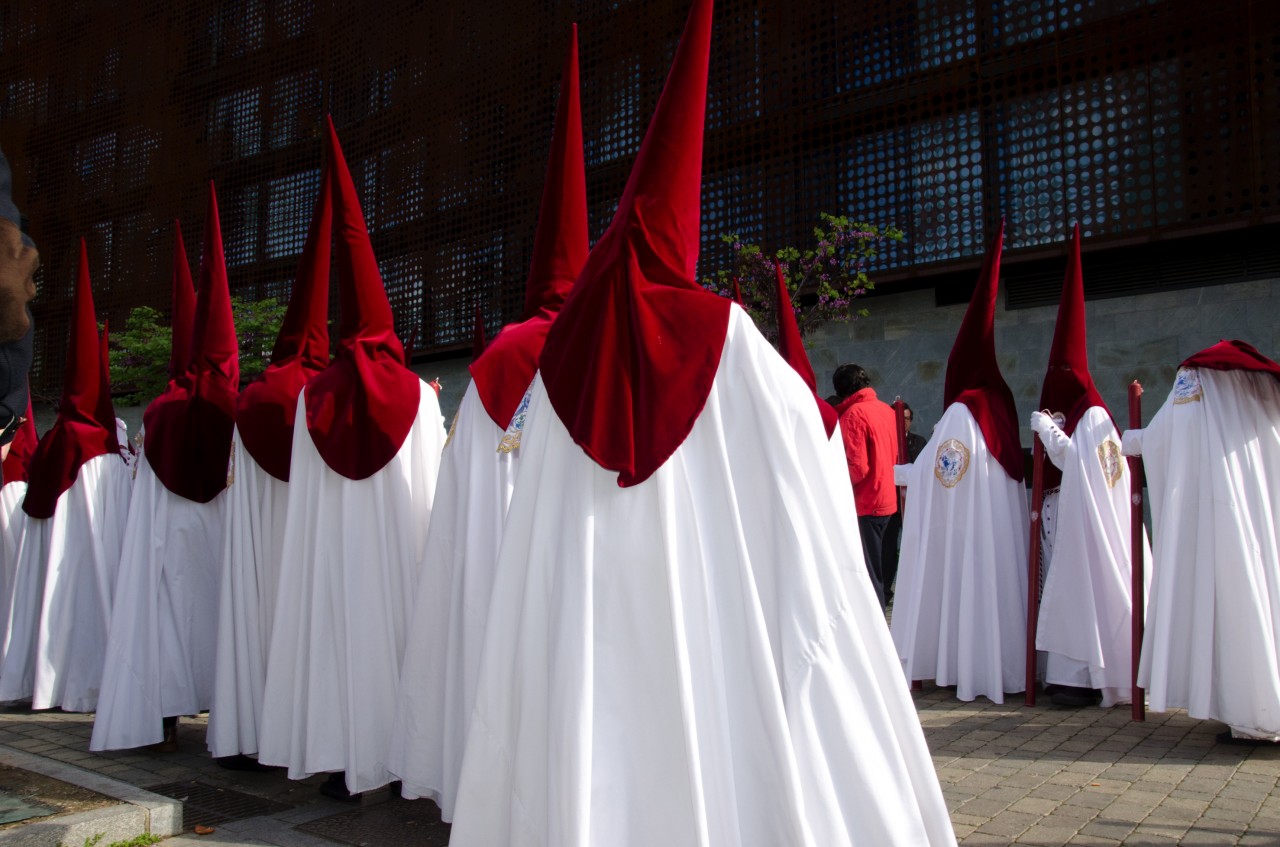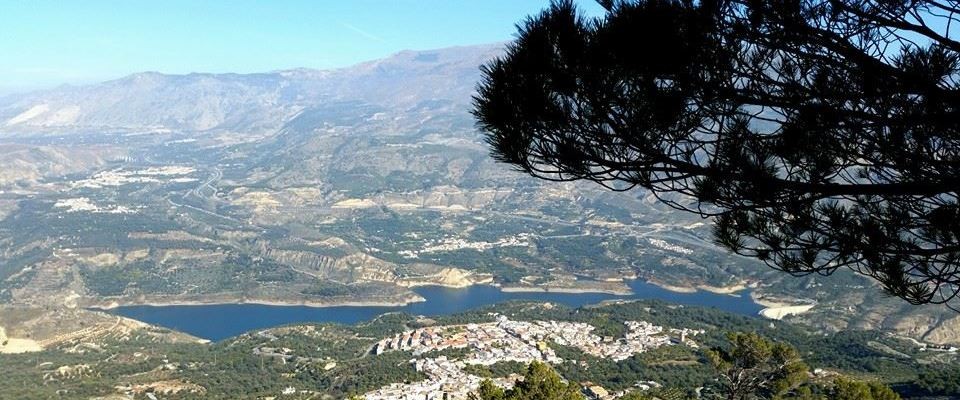Andalusia, and Granada province in particular, is well known for its beautiful dark grey and white cobblestone patios and squares. It is an age-old custom that can still be appreciated today walking through the streets of many of the towns and cities of Andalusia.
It is rewarding to see that the tradition still lives on. Public squares are often revived and rebuilt in this traditional way using designs that haven't changed for centuries or new designs from the fertile minds of master stone layers. The desire for such traditional paving is not restricted to public spaces. Proud owners of carmens and new houses sometimes incur the expense of laying out their patio in thsi way. One of our new properties, currently under construction, had a new cobblestone patio laid down this past week.
Speaking to the men laying the stones we were told that the white stones are sourced from rivers and the flat black or dark grey stones are from the beach. These darker stones are more difficult to obtain as there are now restrictions on the quantity that can be "harvested". The extent to which this type of work is still appreciated today is evidenced by the fact that their company only does this type of work and there is no shortage of clients. They travel all over Andalusia, and even outside Spain, to perform this skilful task.
There is a great varietyof design. In Granada it is common to see the shapes of pomegranates (the fruit from which Granada derives its name: granado in Spanish), leaves and flowers inlaid into the pavement, although there is really no limit to the plethora of geometric shapes, animals and objects that can be found.


